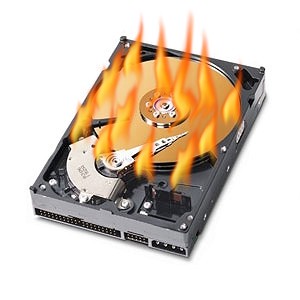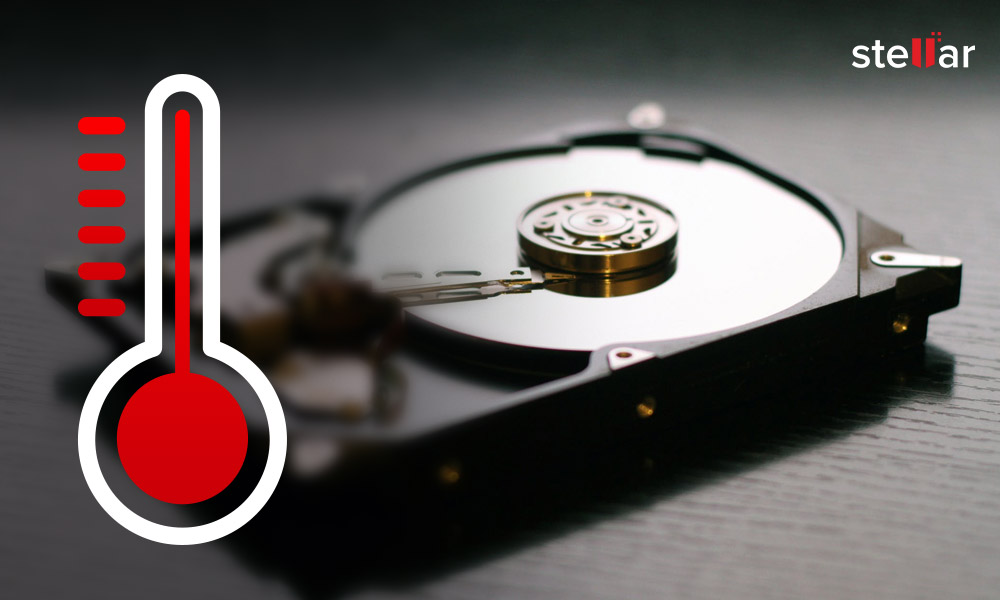How to Avoid Hard Drive Overheating
Despite the fact that the hard drive stores information, it isn't wonderful using any and all means. Hard drive disappointment is normal with all PCs, with no genuine method to forestall it. Despite the fact that there are a few unique reasons why a hard drive can come up short, the most widely recognized is overheating. Infections and accidents are basic too, alongside burglary and unintentional deletion.
With the more seasoned style and mechanics of hard drives, the RPM speed was low, implying that the drives wouldn't overheat. The hard drives we use nowadays, have speeds somewhere in the range of 7,200 and 10,000 RPM, implying that they can get very hot when they begin working. PCs of this day and age accompany fans to chill everything off, with most hard drives including temperature sensors too, so you can monitor exactly how hot your hard drive becomes. With hard drives today, overheating is an extremely normal issue. The quicker hard drives accompany rates of 10,000 RPM, which can make the temperature take off over 70 degrees F, truly warming things up inside the drive. The mechanics within are worked to withstand the warmth, despite the fact that if things become excessively hot, you'll experience issues. In the event that a driver turns out to be excessively hot and winds up losing the information, it could be close to difficult to recover the data – regardless of how great your information recuperation experts may be. One territory that experiences the drive overheating is the platters, which are attractive media. Platters are what convey the information all through the hard drive. Platters are developed from optical glass, aluminum, or ceramic and regularly covered with a layer of attractive material. When the hard drive starts to warm up, the platters will begin to extend, which changes their size.At the point when this occurs, the attractive surface on the platters will get crushed, which brings about a deficiency of information. On the off chance that the actual territory of the platters is harmed, it will bring about ambiguous sectors. Other zones of the hard drive that can be harmed because of overheating are the peruse and compose heads, head actuator, and the regulator chip. Hard drives are extremely refined bits of equipment, and can't handle overheating. The peruse and compose heads are a typical model, as they can without much of a stretch render the drive futile in the event that they become harmed. To keep your hard drive from overheating, you ought to consistently ensure that it is cooled appropriately and all around ventilated. You can generally get extra fans and coolers, which will improve both ventilation and the progression of air in your PC. You can purchase fans and coolers at entirely reasonable costs, which makes them an ideal venture for keeping your hard drive or hard drives cool. You can likewise get programming that screens the temperature of your hard drive too. Regardless of whether it's programming or extra fans, you ought to consistently guarantee that your hard drives are kept cool. By keeping them cool, you'll enormously diminish the measure of accidents. You'll likewise increment the soundness of your hard drive too, which will cause your whole PC to perform much better.


Comments
Post a Comment